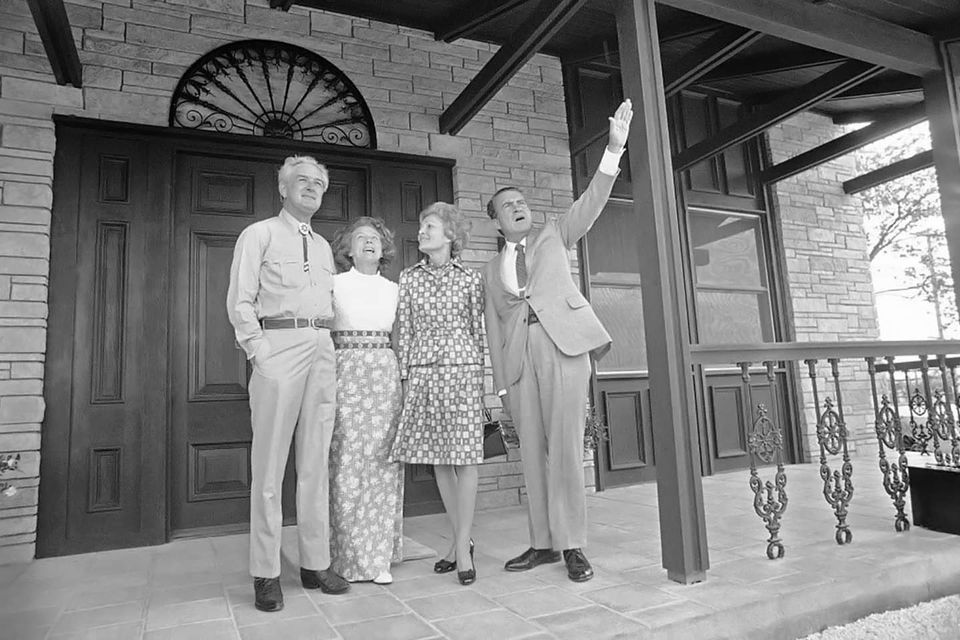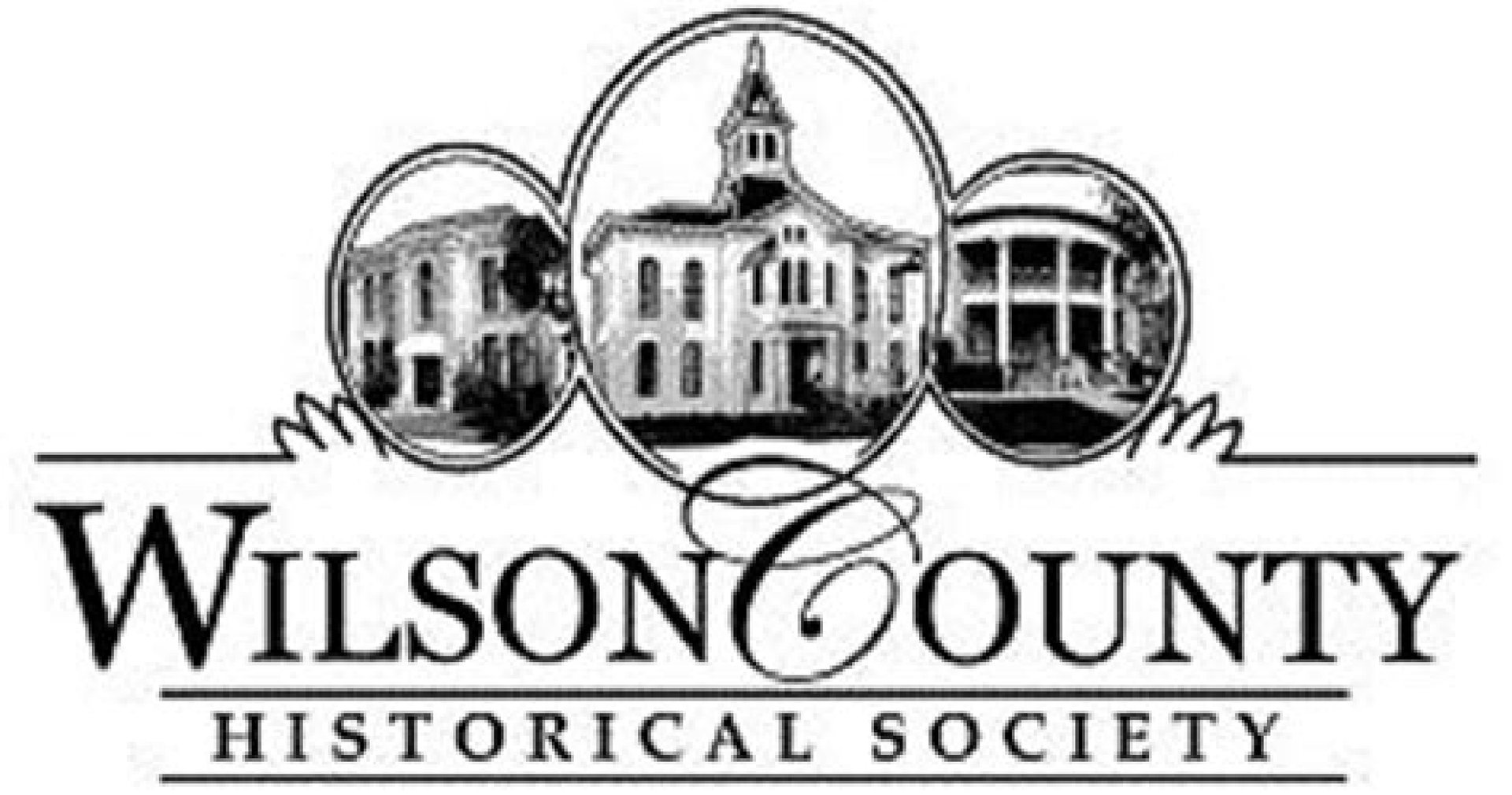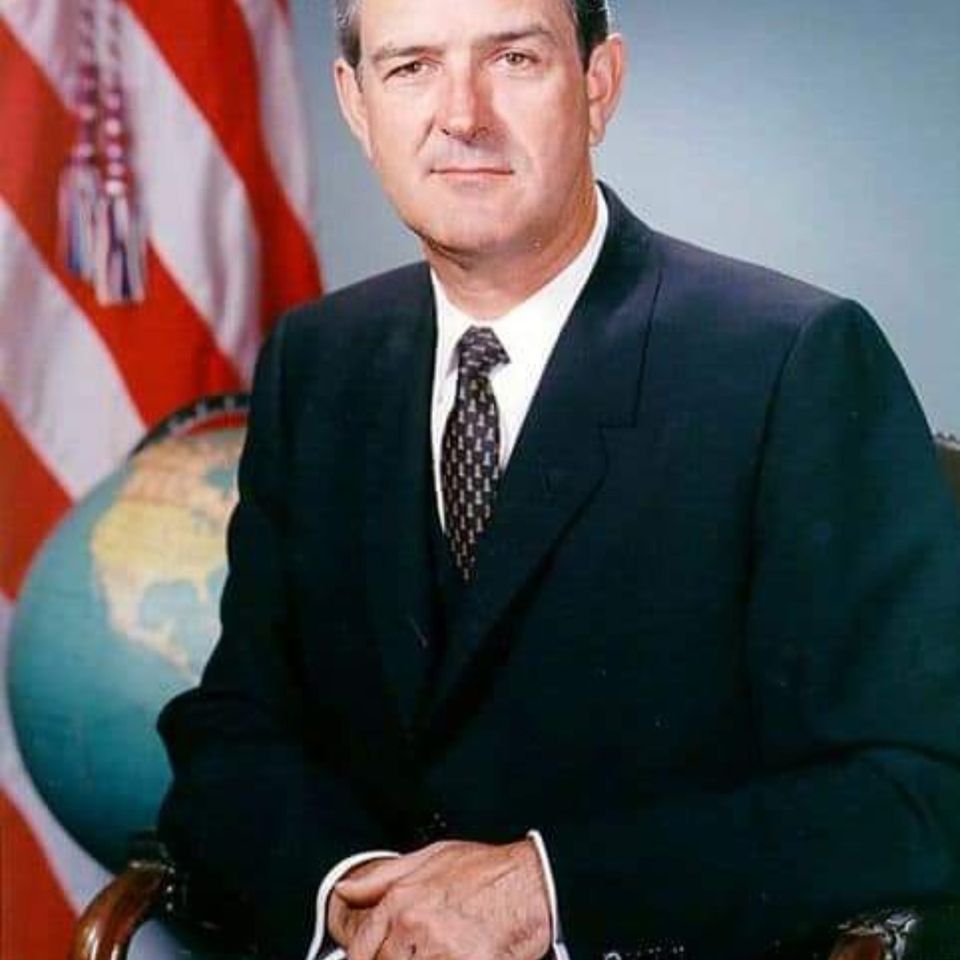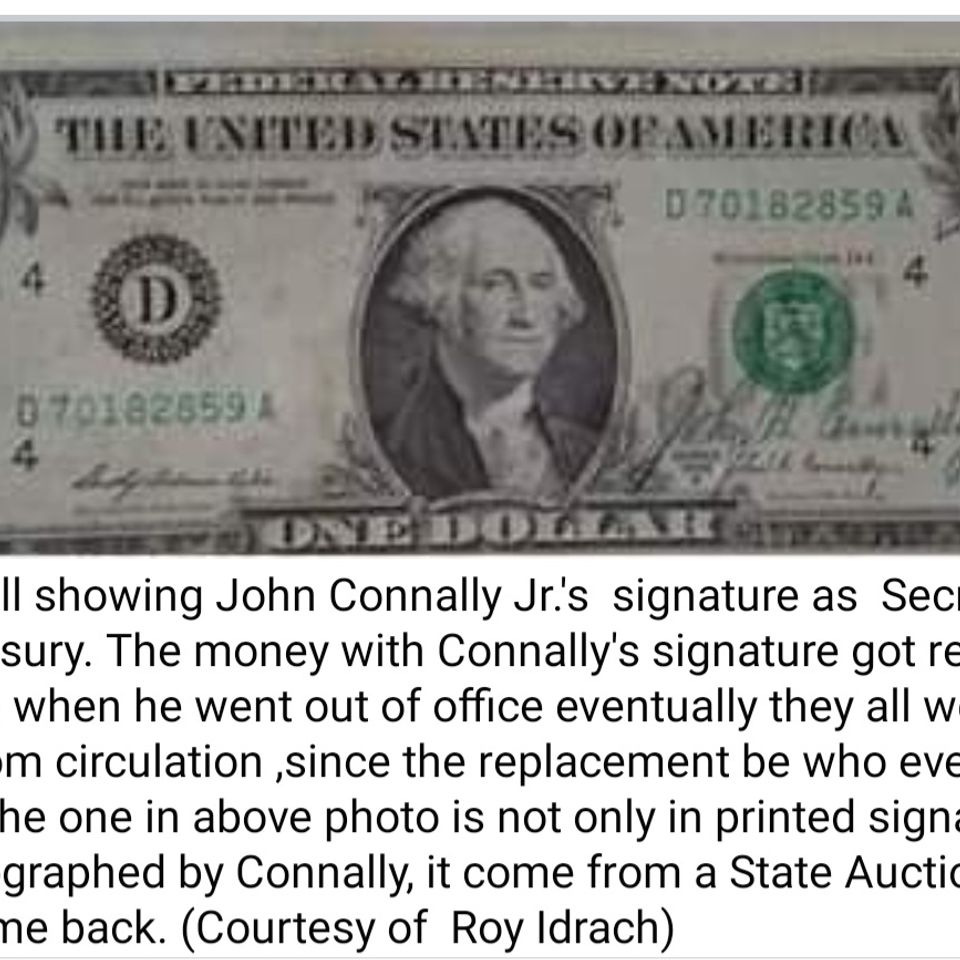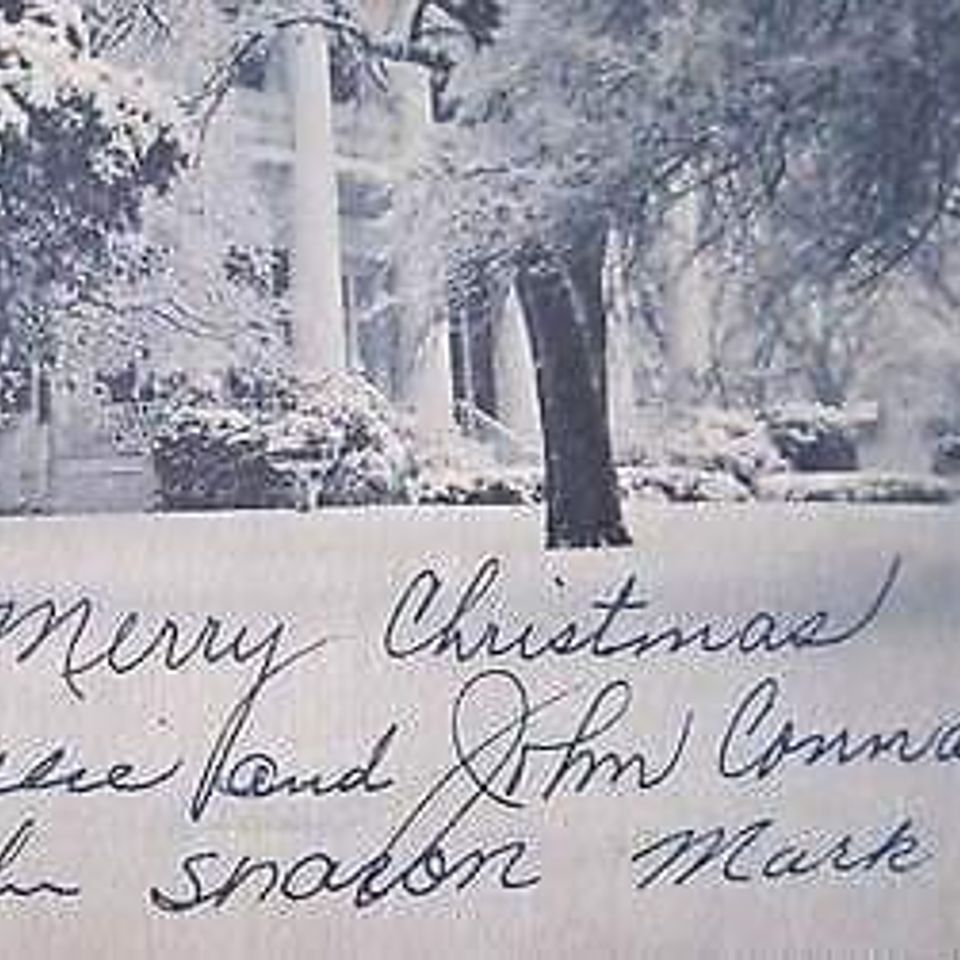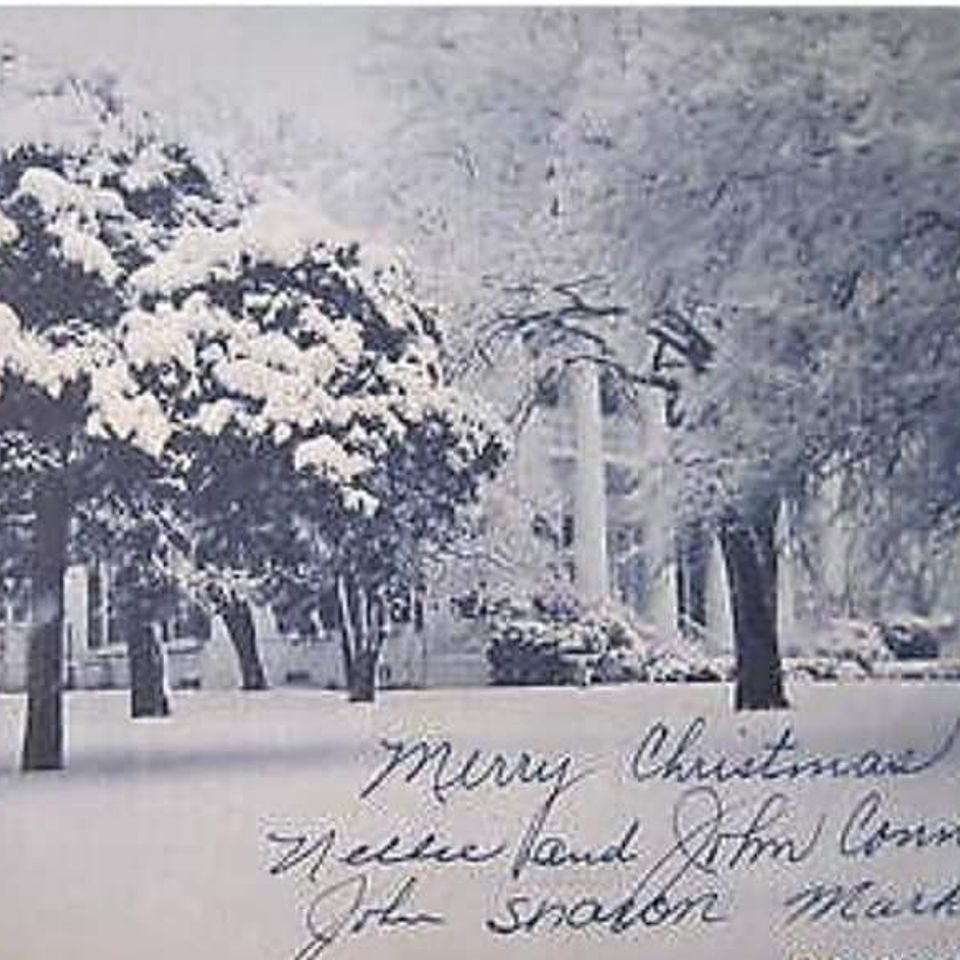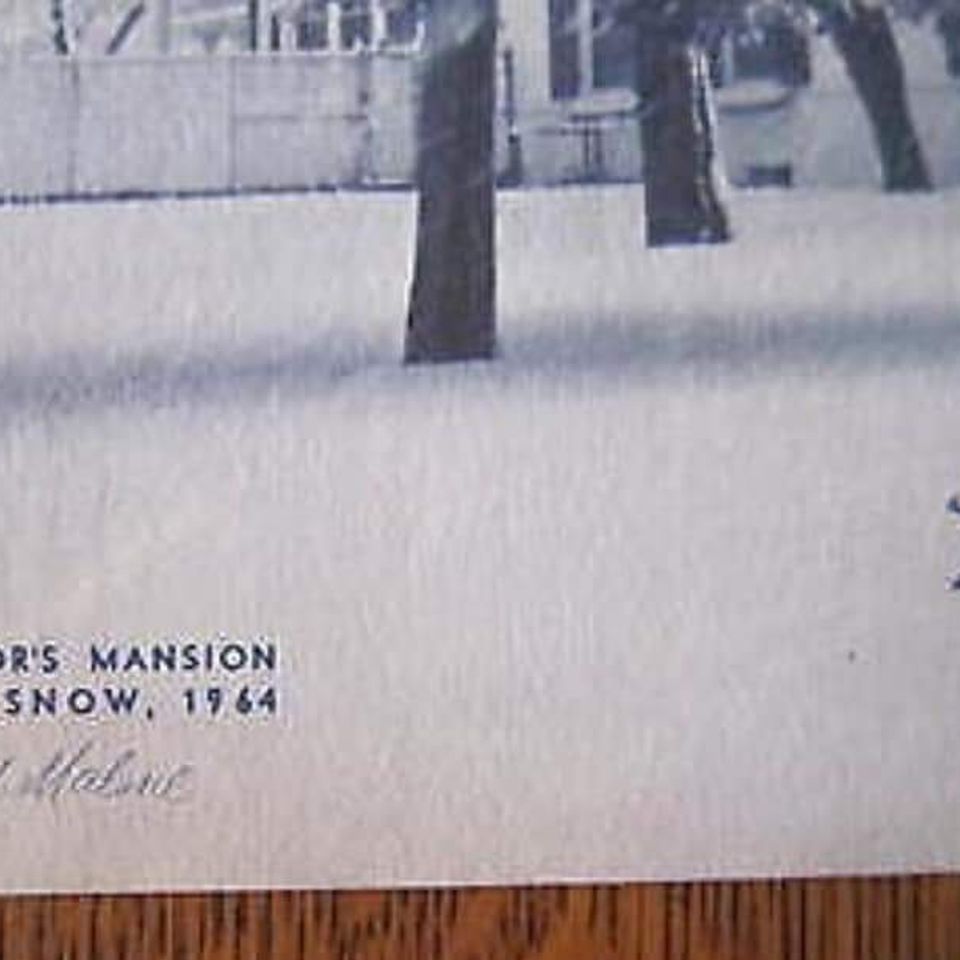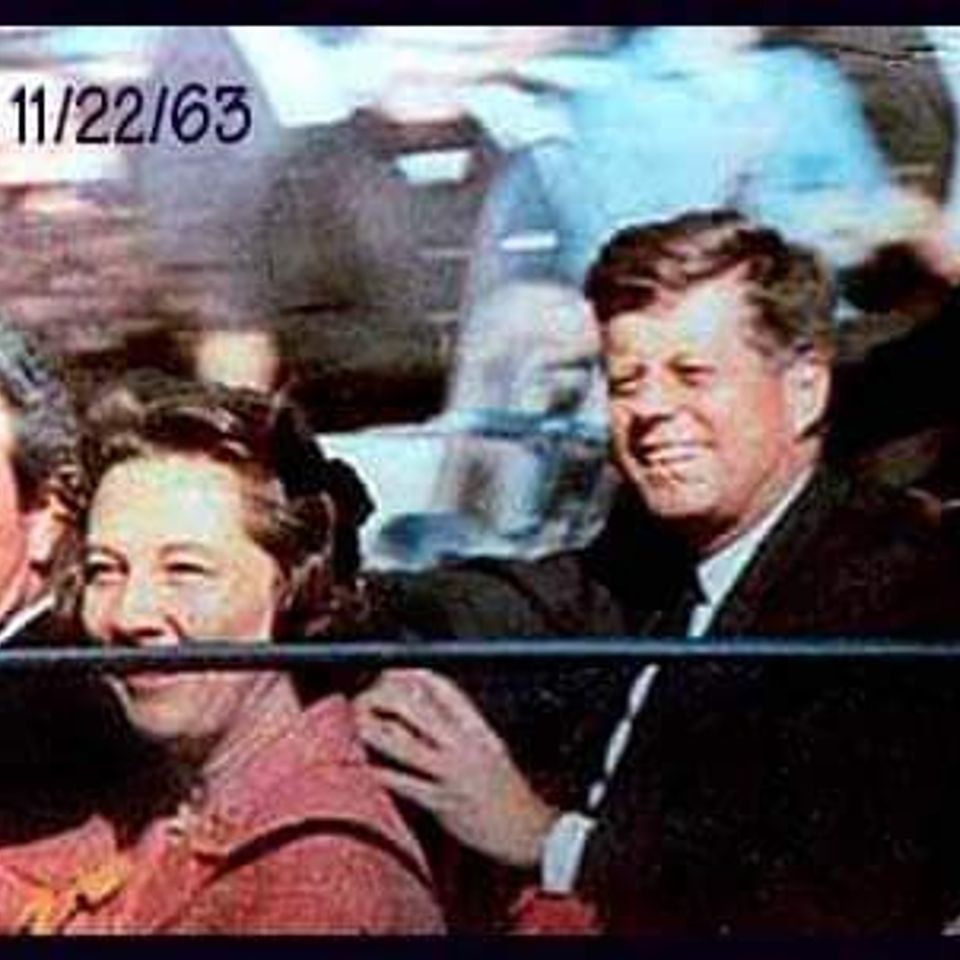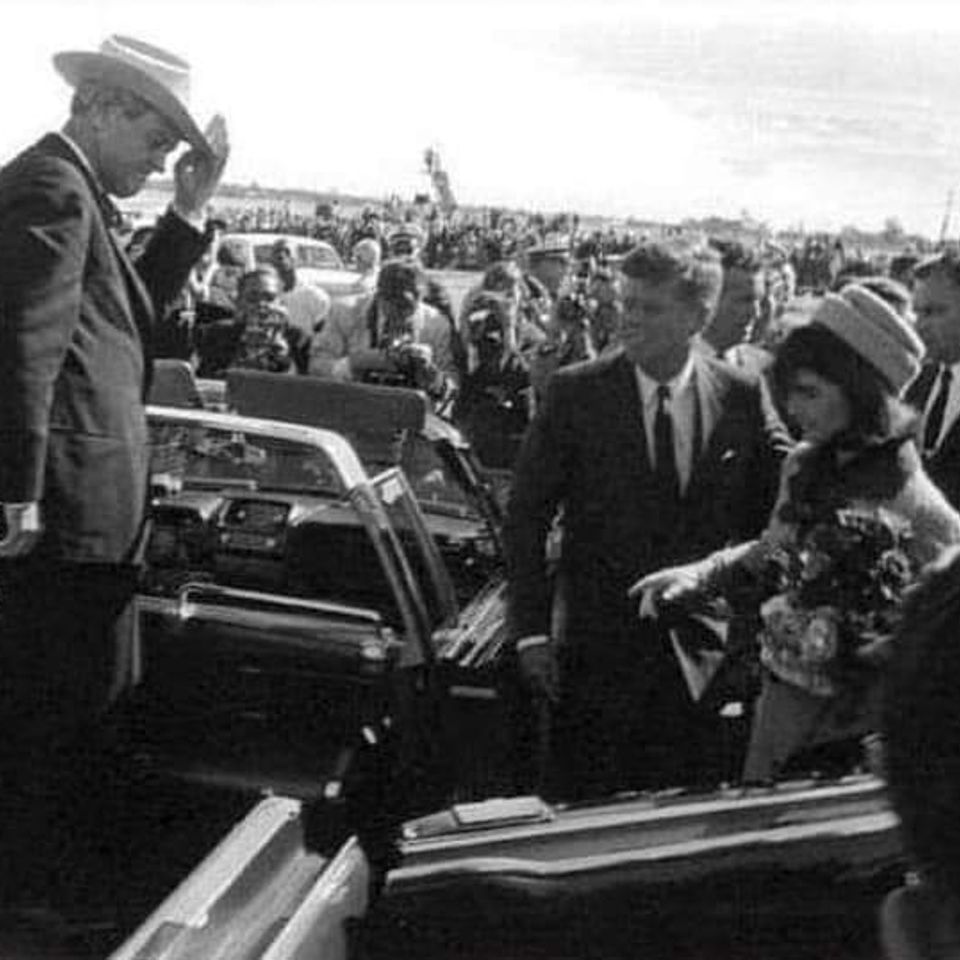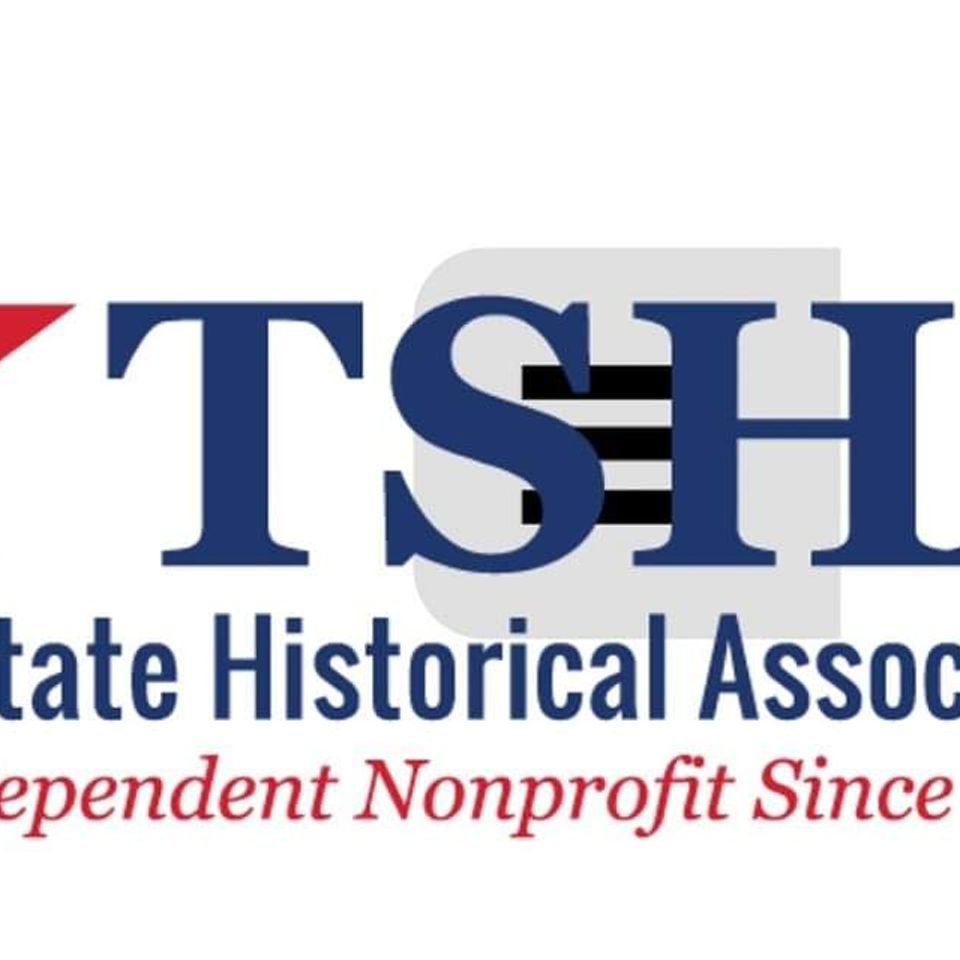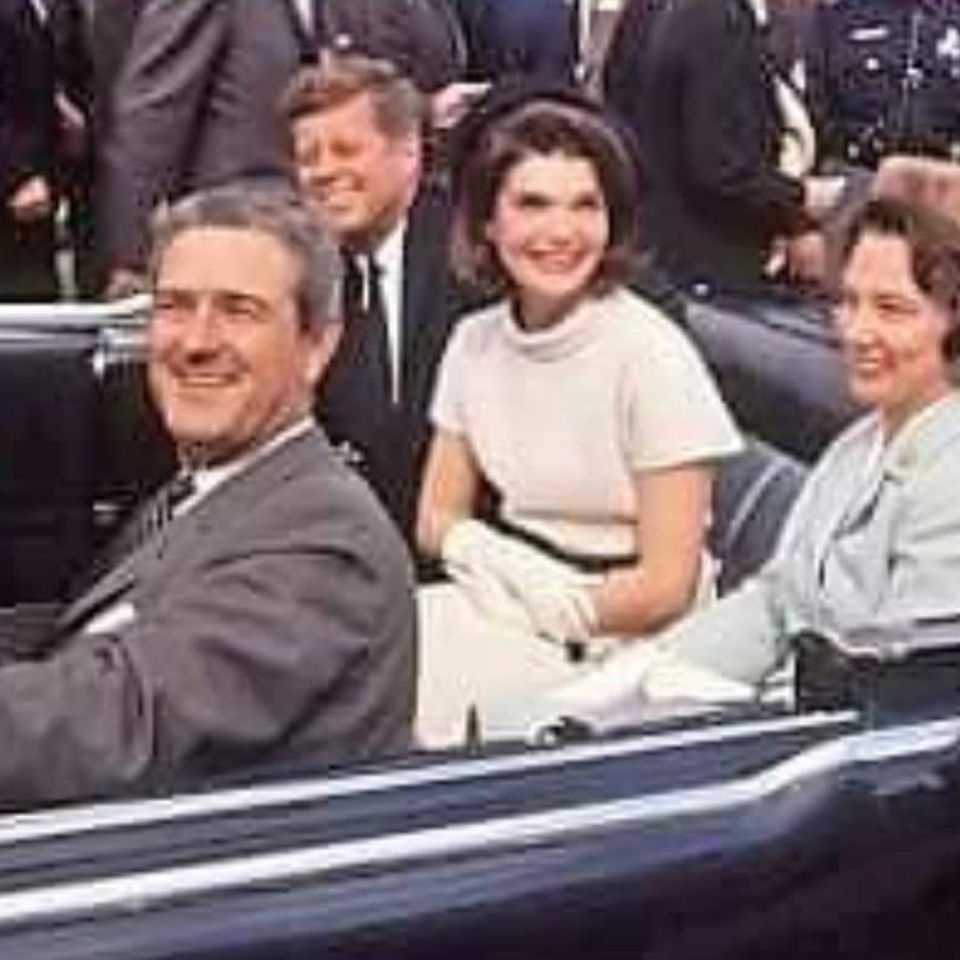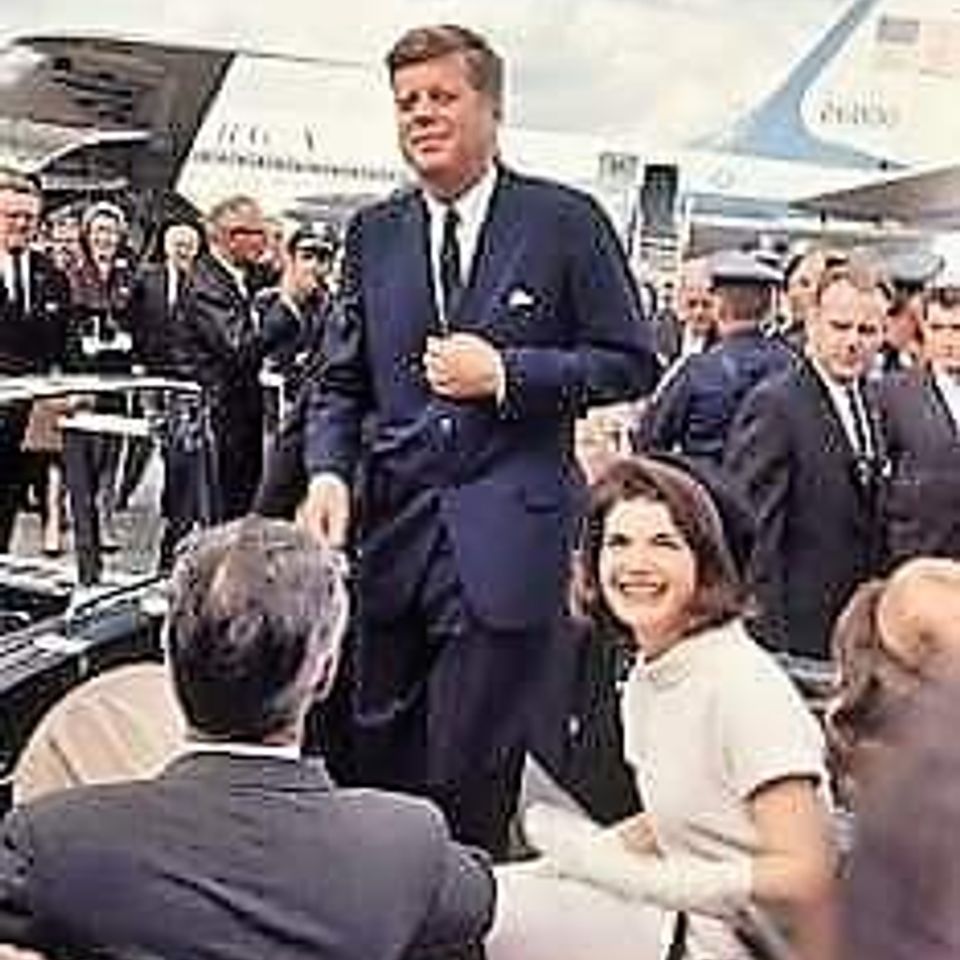Kennedy assassination carried a more traumatic experience for those in Wilson County Texas, especially Floresville Texas. Governor John B. Connally was a well thought of "hometown boy" with family still residing in Wilson County. [Where were you and what were you doing when you heard the news? I was on the Floresville Texas High School campus during lunch hour]
On November 21, 1963, President John Fitzgerald Kennedy left Washington, D.C., for Texas to attend several official functions, to present his administration's views in personal speeches, and to help reunify the conservative and liberal wings of the Democratic party in Texas. He first flew to San Antonio to join Vice President Lyndon B. Johnson in dedicating the United States Air Force School of Aerospace Medicine, attended a testimonial dinner in Houston for United States representative Albert Thomas, and flew to Fort Worth to spend the night. On the morning of November 22 he addressed a breakfast sponsored by the Fort Worth Chamber of Commerce, flew to Dallas, and began a motorcade trip in an open car with his wife, Governor John B. Connally, and the governor's wife through town toward the Dallas Trade Mart, where Kennedy was to speak at a luncheon. At 12:30 P.M., as the car started down the Elm Street hill leading beneath a railroad overpass in Dealey Plaza, several shots were fired, and Kennedy and Connally were hit. They were rushed to Parkland Memorial Hospital, where the president was pronounced dead at 1:00 P.M. from wounds in the neck and head. Connally, wounded in the back, wrist, and thigh, recovered. At 2:38 P.M. Johnson was sworn in as president by United States district judge Sarah T. Hughes at Love Field on the plane that returned Kennedy's body to Washington that evening.
Between 1:45 and 2:00 P.M. of the same day, Lee Harvey Oswald was arrested in the Texas Theatre in the Oak Cliff section of Dallas and charged with the murder of policemen J. D. Tippit. On November 23 Oswald was charged with murdering Kennedy with a rifle fired from the sixth floor of the Texas School Book Depository. On November 24 Oswald was shot and killed by Jack Ruby, a Dallas lounge operator, in the basement of the city jail while being transferred to the county jail. Ruby was indicted for murder on November 26, 1963, and was convicted on March 14, 1964. The conviction was appealed, and in November, 1966, a new trial with a change of venue was ordered. Ruby died on January 3, 1967, before the second trial could begin.
On November 29, 1963, President Johnson established the President's Commission on the Assassination of President John F. Kennedy, also known as the Warren Commission, which consisted of seven men representing the United States Supreme Court, Senate, House of Representatives, the public, and the Central Intelligence Agency. Chaired by Chief Justice Earl Warren, the commission met first on December 5, 1963, and submitted its multivolume report on September 24, 1964. From the moment of publication the report was both criticized and defended vigorously. Hundreds of books and articles have been written on the subject. Skeptics are critical of the commission's inquiry or offer alternate theories about the circumstances and events connected with the assassination. Conversely, many defenders of the Warren report have debunked a number of conspiracy theories. Although the commission concluded that Oswald acted alone, they also noted that it was impossible to prove conclusively that no conspiracy existed. In February 1975, Congressman Henry B. Gonzales introduced House Resolution 204 to convene a House select committee to reexamine the assassinations of President Kennedy, Robert F. Kennedy, and Martin Luther King, Jr. The committee, which met several times between 1977 and 1979, concluded in its final report (July 1979) that JFK "was probably killed as the result of a conspiracy" but admitted that "the Committee was unable to identify the other gunman or the extent of the conspiracy." In 1992, as a result of increased public interest in the assassination, a law was passed ordering the further release of classified documents relating to the assassination. In September 1993 President William J. Clinton named a board to review those documents.
